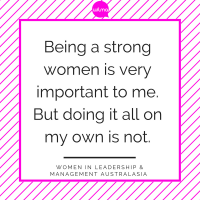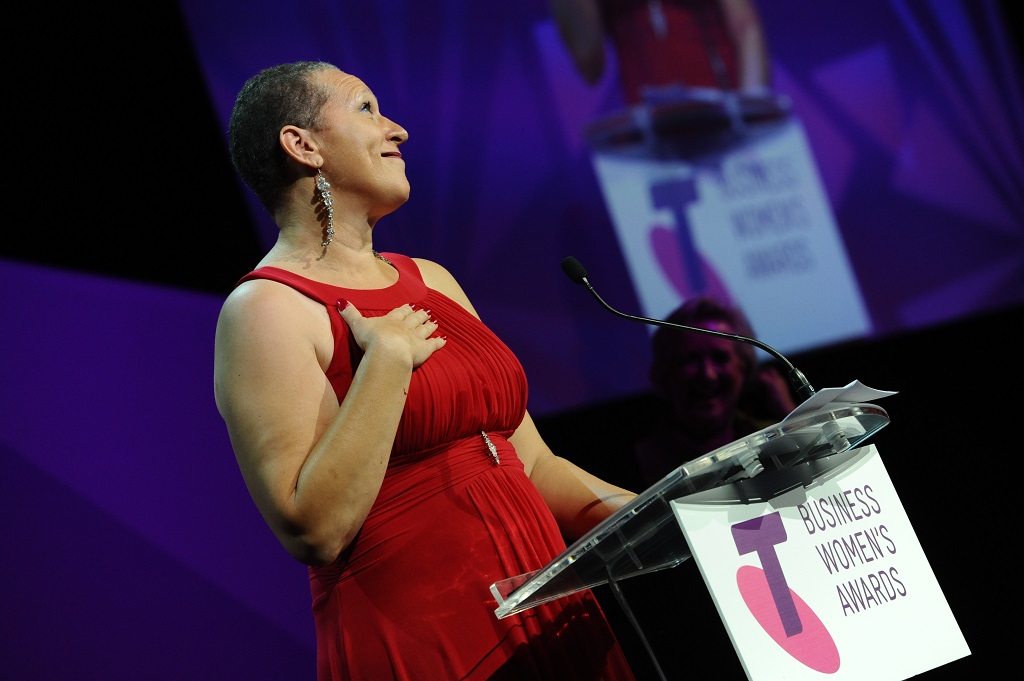Luck is a word women are often prone to using when speaking about their career achievements.
But there’s nothing lucky about being a woman in business. In between career breaks, juggling kids with work, overt discrimination and unconscious bias, reaching leadership positions is hardly an achievement that happens by chance.
The women who talk about such luck often fail to mention a significant factor in how they acquired it — that it was completely up to them. They got the position, pay rise, promotion, project or business they have, because they deserved it.
While accepting her leadership award from the Women’s Leadership Symposium last week, Ita Buttrose called for women to stop talking about luck.
“Women often say they’ve done well because they’re lucky. Nonsense! We are lucky because we work hard,” she said.
Indeed, as Buttrose added, “Nothing is ever going to be handed to women on a silver plate.” More often than not, we have to work harder than men to achieve the same positions — often for less pay, less chance of recognition and frequently while managing a ‘double shift’ of domestic work at home.
During a panel session at the Sustaining Women in Business conference late last year, I questioned Best & Less CEO Holly Kramer on why she used the word ‘lucky’ to describe how she felt after being approached by a headhunter for a career opportunity.
She said it wasn’t so much luck, but rather a matter of timing. “There is good luck and bad luck in timing,” she said. “You have to have the presence of mind to take those opportunities when they come.”
You also need to have the talent to be approached for such opportunities in the first place — which Kramer certainly did — and to ensure such talent gets noticed. Merely working hard is not enough to attract a ‘lucky break’, women need recognition for what they can do.
The only luck we have is the circumstances in which we are born into and, granted, many women in Australia are certainly ‘luckier’ than others, even just in terms of being able to access an education and career which still too many women around the world can not yet do.
But that’s where the luck ends. The rest is up to what we can personally make of the circumstances we’re given, the people we encounter and the situations we find ourselves in. It comes down to how well we can put ourselves in the way of luck.
Research has found women in organisations need to see other women in senior leadership positions to believe they too can achieve such heights – it’s the notion that we, ‘Can’t be what we can’t see’.
But hearing those women we look up to — particularly as role models, mentors and examples of feminine leadership — use luck to describe how they got there doesn’t offer much encouragement regarding how we too can emulate such success. The optimistic among us may believe we can attract luck if we keep working hard — only to be disappointed later on. The pessimistic may believe luck has no chance of occurring, so why consider trying to achieve such things in the first place.
We need women to speak the truth about what it took to get them to where they are. To own up to their achievements, rather than looking for someone else or the mysteriousness of ‘luck’ in order to explain why it happened.
This article was originally published on Women’s Agenda 13th June Read the original article









Leave A Comment